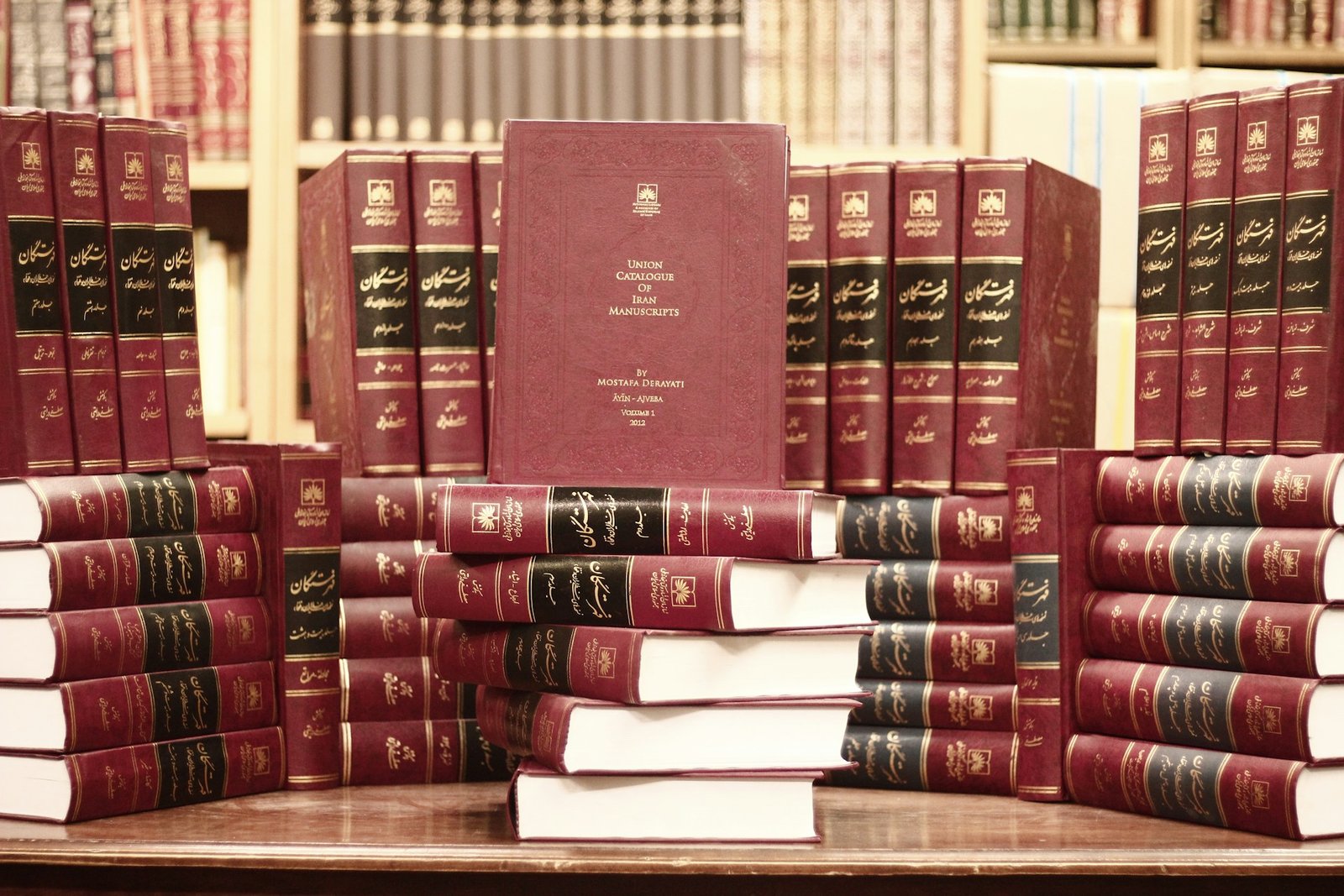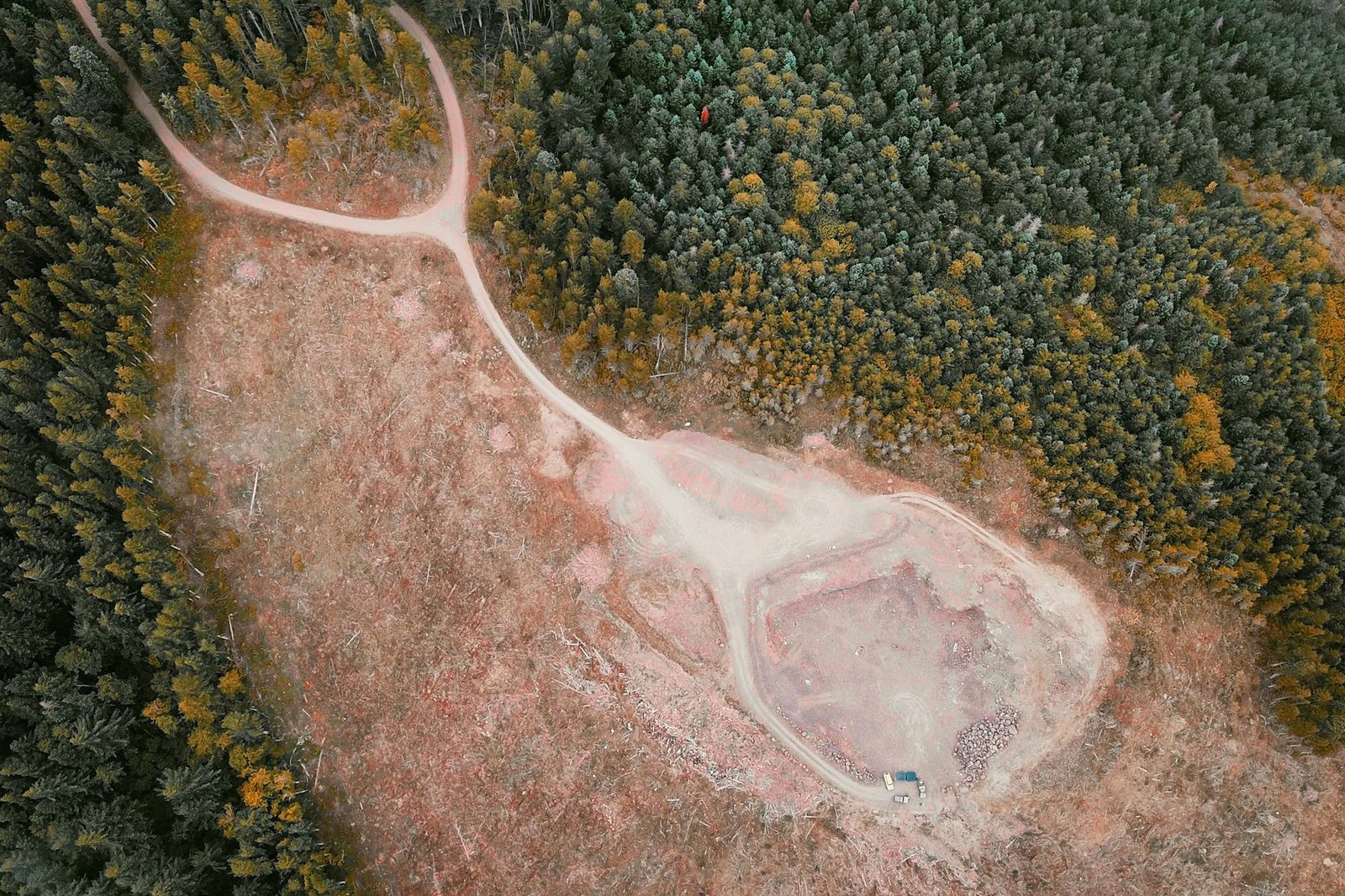Constitutional Law in Pakistan – Your Ultimate Weapon Against Injustice
The Constitution of Pakistan 1973 serves as the supreme law of the land. It sets forth state powers, protects fundamental rights of citizens, and ensures no authority acts beyond its jurisdiction. When political and social challenges test the boundaries of justice in Pakistan, constitutional law offers citizens a strong defence against any arbitrary acts by state institutions and agents.
When Your Rights Are Violated: How Constitutional Law Fights Back
The Pakistan Constitution guarantees access to justice when their rights are infringed upon. Under Article 199, any citizen can approach a High Court when their legal rights have been breached while Article 184(3) empowers the Supreme Court to take suo motu notice or hear cases related to fundamental rights such as Article 19. For example: If a person is being held unlawfully, lawyers can file a writ of habeas corpus for their release. When governments overstep their powers, courts may issue a writ of certiorari to invalidate illegal acts.
When public officials fail to fulfil their responsibilities under law, courts can issue a writ of mandamus compelling them to fulfill them. Through such remedies, constitutional law provides an effective tool to keep authorities accountable.
Fundamental Rights Every Citizen Should Know
The Constitution guarantees several fundamental rights which cannot be denied by state authorities:
● Right to Life & Liberty – Article 9 provides:No one may be denied life or liberty except through legal channels.
● Freedom of Speech – Article 19 guarantees the right of free expression within reasonable restrictions.
● Right to Fair Trial – Article 10A ensures transparency and justice in legal proceedings.
● Right to Education – Article 25A grants children aged 5-16 access to free education.
● Equality of Citizens – Article 25 prohibits discrimination based on gender, caste and creed. These rights don’t just exist on paper – they can be legally enforced through court proceedings.
Case Examples That Shaped Pakistan’s Constitutional Law
● Jillani vs. Government of Punjab (1972): In this case, the Supreme Court declared Yahya Khan’s martial law illegal, strengthening constitutional supremacy as an overriding principle.
● Benazir Bhutto vs. Federation of Pakistan (1988): Establishes citizens’ right to freedom of movement and association.
● Shehla Zia vs. WAPDA (1994) expands upon it by including in Article 9 the right to live in a healthy environment as part of Article 9. These landmark decisions demonstrate how courts interpret the Constitution broadly to safeguard citizens.
Why Skilled Lawyers Are Essential
Although rights exist on paper, enforcing them often requires expert advocacy. Constitutional lawyers:
● Draft precise petitions invoking specific Articles.
● Present case law and precedents to strengthen arguments.
● Protecting our rights through legal actions such as writs, injunctions and compensation proceedings. For example, if a government department withholds your salary without due process of law is important – lawyers can file constitutional petitions quickly rather than waiting years in traditional litigation for resolution of those rights to be enforced swiftly.
The Role of Legal Services in Protecting Rights
In Pakistan, law firms specializing in constitutional litigation provide:
● Petitions before High Courts against unlawful government actions.
● Public Interest Litigation on issues like education, health and environment.
● Human Rights cases defending citizens against misuse of power.
● Consulting services for businesses and NGOs to ensure compliance with constitutional guarantees. At times mediation or negotiation may also be used as legal strategies before commencing full litigation proceedings.
Conclusion: Constitutional Law as Your Defence
The Constitution is more than a document–it serves as an ongoing protection of citizens’ rights from being taken advantage of by authorities. Filing constitutional petitions, seeking writs or making use of other judicial remedies are effective methods of protecting one’s own interests while upholding those of business and individuals alike.
At The Legal Guards, we focus on cases of constitutional law, human rights, and petitions with an emphasis on ensuring every client is provided the protection promised by the Constitution. With our experienced attorneys, constitutional law transforms from an abstract concept to a formidable shield against injustice.


